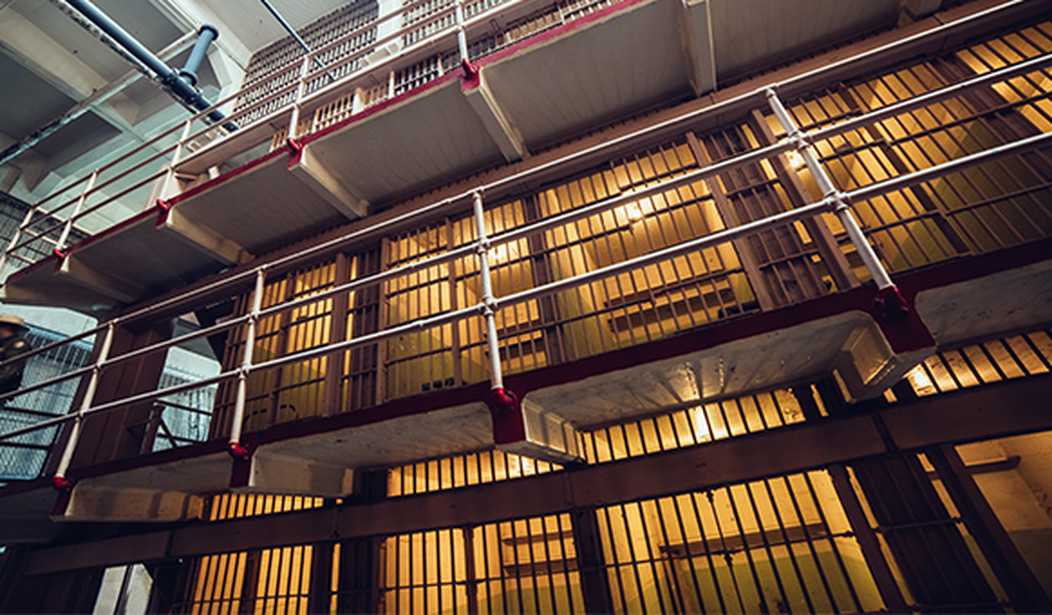New York’s new governor, Kathy Hochul, recently signed the “Less is More Act” into law. allowing for the release of hundreds (if not thousands) of prisoners who are behind bars for parole violations following previous convictions. Many of these inmates have multiple offenses, including violent felonies, but literally hundreds of them have been released just from the detention facility at Rikers Island. The Governor and the prisoner advocates who support her insist that all of the prisoners in question were only behind bars for “technical violations.” But those were only the violations that violated the conditions of their parole. The original crimes that landed them behind bars in the first place were often far more serious. Now the Governor is getting an earful from the state’s parole officers who are challenging this program as an unfunded mandate that is making the city less safe. And when it rolls out in full next year, the situation will only be compounded. (CBS New York)
As CBS2’s Aundrea Cline-Thomas reported Thursday, parole officers warn the law aimed at reducing overcrowding could have dangerous consequences.
Hazen Street and 19th Avenue illustrated the widening divide in the fight to address the crisis on Rikers Island and beyond.
Parole officers are at odds with inmate advocates over the law that immediately released more than 160 people on parole being held on non-violent technical violations from Rikers.
Everyone seems to agree that the conditions at Rikers Island have been deplorable and the facility needs fewer prisoners and more guards. But the Less is More Act contained no funding at all for additional parole officers and associated costs. They were already swamped with cases and there are now too many of them to handle. A better solution would have been to simply transfer those prisoners to other correctional facilities around the state, but the new Governor just threw open the doors instead.
On top of that, the law doesn’t even go into effect until next March. None of those people were qualified to be released under the Less is More Act this month, and if there is to be any additional funding appropriated for these efforts, it won’t be available for many months.
The other major factor that is frustrating the parole officers is the issue of crime. A flood of felons was just released out into various communities in the city with no additional law enforcement available to track and arrest a new potential surge of criminal activity. The president of the union representing the parole officers issued a warning last week.
“What you’ll get more of is gonna be more felons in your community,” said Wayne Spence, Public Employees Federation president.
“This legislation removes all meaningful consequences and accountability for individuals still completing their sentence.”
Records from the State Department of Correction indicate that 35% of people on parole released in 2015 in New York City were back behind bars within three years. The statewide percentage was even higher. And of those who violated parole and wound up back in jail, nine percent had new violent felony convictions. How is this supposed to be making the city any safer? All of these “bail reform” projects may win votes for New York Democrats among liberal activists, but they do nothing to curb the city’s rising crime rates at a time when the Big Apple can’t hire enough cops to keep up with them.









Join the conversation as a VIP Member